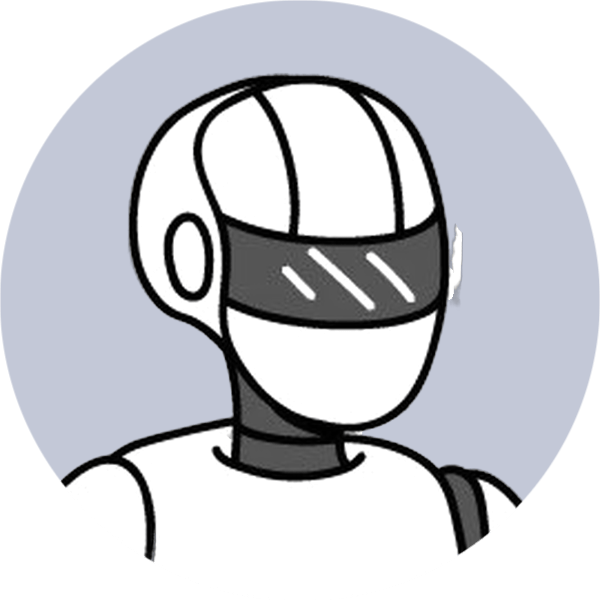
The future of data in the hands of AI
According to some reports, by 2027, all-encompassing generative AI models by tech giants such as Google, Microsoft/OpenAI, and Meta, are predicted to consume every human text, with images, videos, and audios not too far behind.
Undoubtedly, there will be complications along the way, with issues of copyright and privacy arising, but for the sake of exploring a possible scenario, let’s assume that the entirety of recorded human knowledge is finally ingested and utilized to train AI. What then?.
Preparing for the end-of-training-data era
Numerous organizations have begun preparing for this impending era by having AI generate millions of words, visuals, and audios, termed ‘synthetic data’, to feed the knowledge-hungry AI. However, using AI-generated content to feed AI systems appears akin to reckless inbreeding, potentially resulting in AI systems with compromised cognitive abilities.
Despite its benefits, data ingestion and training are incredibly costly ventures. This means only a limited number of large-scale corporations will be left in control of the comprehensive repository of humanity’s knowledge and creative output. While this situation raises various concerns, this is the current state of affairs despite ongoing efforts to democratize the field.
Can AI crack the human code?
With all the data at their disposal, what can AI accomplish beyond creating clever and useful chatbots? There must be more insights to unearth, perhaps a deeper intelligence hidden within? Admittedly, these AI systems are subjected to training with trillions of words. Yet, even with such extensive knowledge exposure, not one AI system is as cognitively capable as a human.
Dr Leslie Valiant, of Harvard University, a renowned computer scientist and Turing Award laureate, discusses the aspects that set humans apart in his recent book “The Importance of Being Educable.” He identifies the gap between human and machine intelligence by explaining human ‘educability,’ or simply, the ways in which we learn.
The ways humans learn
We learn in three primary ways: through experience, by example, and by building and revising mental models. The ability to construct mental models, act on them, and modify them if needed, seems to set us apart from other species and from current AI.
While AI has made significant advances in learning-by-example, learning-by-experience is still an emerging field. So, can AI develop the capability to construct complex internal models of the world, act on them, and revise when necessary? This question forms the core of our pursuit for achieving ‘human level’ AI.
AI and the future
While great strides towards realizing this are being made by some of the brightest minds in the industry, the question arises as to whether this is a prudent venture. Would we be able to maintain control when the lines between AI and human intellect become blurred? The best we can hope for is to gain insights into our own existence and capacities as we steer headfirst into this future.
HAL149: Your trusted partner in AI innovation
Amidst these rapid AI advancements, HAL149 stands as a beacon, specializing in developing and training artificial intelligence virtual assistants for your business’ marketing needs. Our state-of-the-art AI commercial offer offers powerful services such as lead generation, customer care, social media management, market analysis, and content creation. By leveraging HAL149’s AI technology, your business can significantly enhance its competitiveness and profitability.
To learn more about how HAL149 can take your business to the next level with our AI technology, feel free to contact us today.
